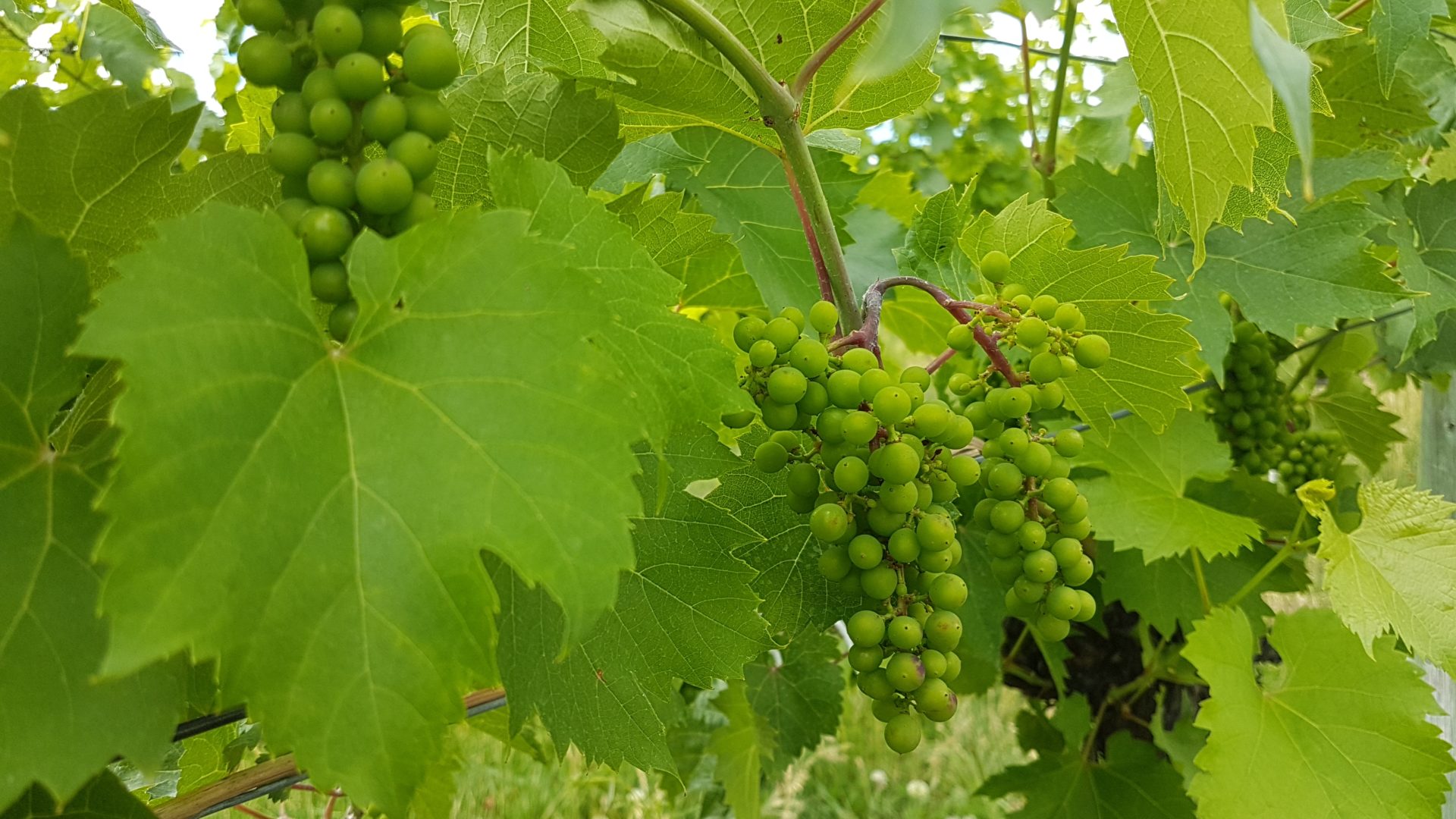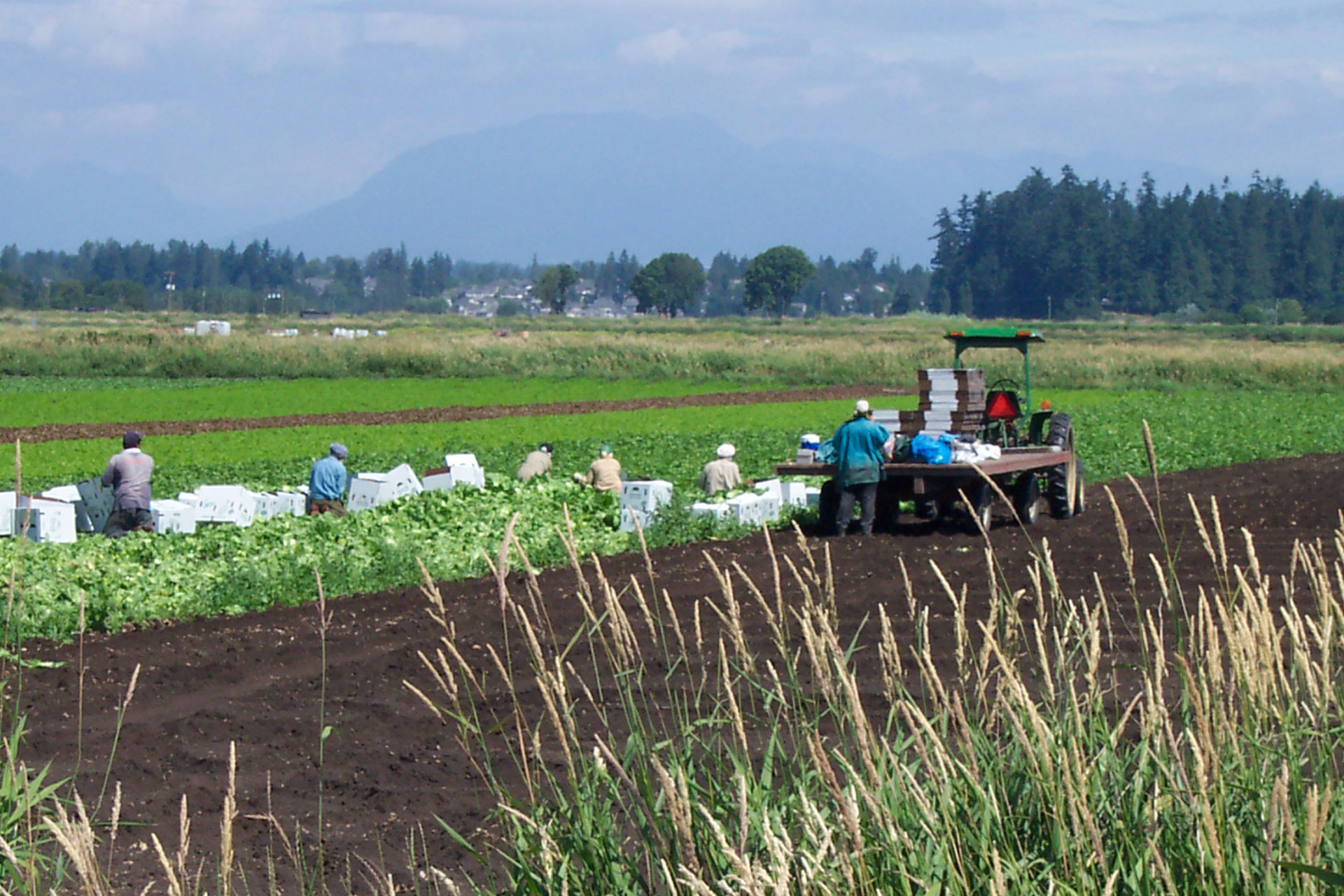The British Columbia grape and wine industry began investing in research around 15 years ago, first with levies collected under the research and development committee of the BC Wine Institute and, since 2006, through the British Columbia Wine Grape Council (BCWGC), established under the BC Farming and Fishing Industries Development Act.
The grower and winery community realized early on that industry-initiated and funded research could make a considerable contribution to the success of the sector. From the beginning, optimization of the quality aspects of grapes and wine and the sustainability of the entire value chain with particular emphasis on the environment have been the two main focal points of our efforts.
Over the past few years, we have built on earlier efforts to develop the Sustainable Winegrowing Program [sustainablewinegrowingbc.ca], which is now beginning to gain momentum in the wine, grape and hospitality sectors. We hope that the quest for continuous improvement, which is the foundation of any sustainability program, will become the norm for the majority of our members.
Research efforts supporting the goal of sustainability include, for example, investigations into the use of cover crops to reduce climbing cutworm and other insect pests and increasing populations of beneficial organisms. General reduction of pesticide use through better understanding and modelling of disease and pest complexes is a priority for current and future research.
The increasing adoption of regulated deficit irrigation based on years of work conducted by Agriculture and Agri-Food Canada researchers has not only contributed to the overall improvement in grape quality, but has also resulted in sometimes considerable reduction in water consumption.
The quality of BC wines has consistently improved over the last two decades, which has greatly contributed to the ongoing increase in market share of BC wines in this province, in Alberta and the rest of Canada. The research activities that have contributed to this outcome are too many to list, but the research team at the federal Summerland Research and Development Centre and those at UBC, both in the Okanagan and Vancouver, have been the main contributors.
Successful participation in the two Growing Forward five-year funding cycles led the BCWGC to decide to further enhance partnerships and collaboration with the three other wine-producing provinces. Together with its counterparts in Nova Scotia, Ontario and Quebec, it developed a joint application for funding through the Science Cluster envelope under the new Canadian Agricultural Partnership (CAP).
This application for the five-year successor program to Growing Forward 2 is lead by the Canadian Grapevine Certification Network (CGCN). The CGCN was incorporated in early 2017 as a national not-for-profit corporation with the mandate to develop and implement standards and procedures for improving the phytosanitary status of domestic grapevine propagation material.
Because the CGCN is the only national organization representing grapegrower associations from all four provinces, choosing this body to head the Canadian Grape and Wine Science Cluster was a natural fit.
Proposal
In January of this year, we submitted a project proposal covering 29 research activities of national priority. Providing funding comes through, these will be undertaken in federal, academic and private research settings across the country. The CGCN will be in charge of co-ordinating the research and administering the finances. Knowledge and technology transfer to all related industries in the country will be of critical importance.
The application, titled Fostering the Sustainable Growth of the Canadian Grape and Wine Sector, has been grouped under seven theme areas, covering everything from pest control issues using new, environmentally benign approaches, to enhancing the quality of wine through a broad spectrum of management practices in the field and winery.
One of the high priority areas is the ongoing investigation and mitigation of a number of virus diseases that threaten vineyards in most major grape-growing regions across the globe.
Some of these viral infections can have a negative economic impact by reducing yield and impacting grape maturity and quality. As there is currently no cure for any of these viruses, early detection and elimination from existing plantings and propagation blocks is critical. This requires a well-co-ordinated effort, starting with diagnosis and vector control and then proceeding to elimination of infected material and replanting with virus free, clean stock.
All of this requires support from a broad range of research disciplines and fits perfectly within the mandate of the CGCN.
As the consuming public becomes more and more concerned with how crops are grown and processed, research will play a critical role in finding new solutions that comply with the principles of environmental sustainability.
Hans Buchler is chair of the Canadian Grapevine Certification Network and a director of the BC Wine Grape Council. He grows grapes at Park Hill Vineyards in Oliver.


